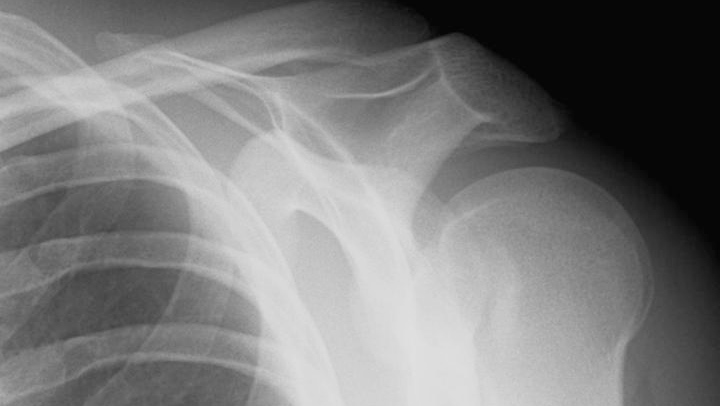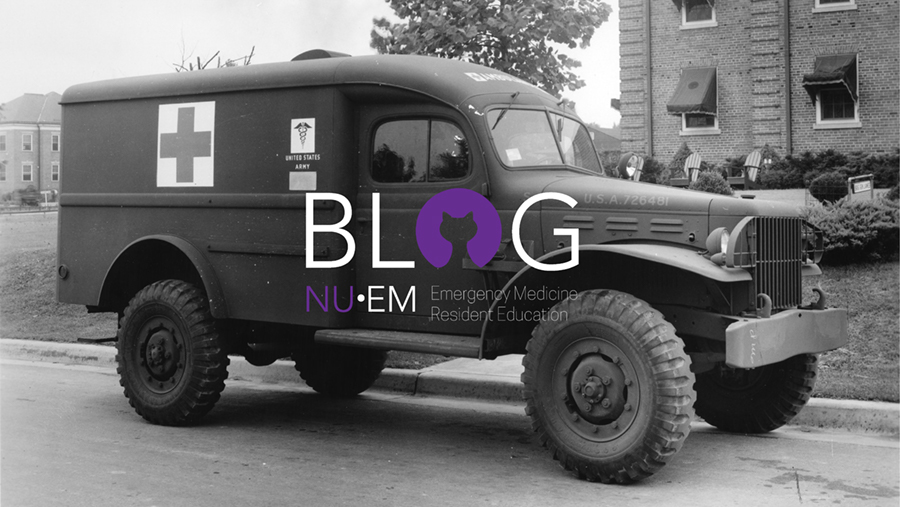Learning Resources
Colleges
Administration
There is a distinction between how the mind of a physician and a senior-level executive approach a problem, which often leads for these two groups to be at odds. Physician leaders are vital in that they become the mediators between physicians and management. They can drastically minimize miscommunication and maximize agreement.The NUEM Administration College provides the tools needed for resident members to acquire both the knowledge base and thinking style needed to develop into an accomplished healthcare leader and administrator. By partaking in the NUEM Administration College, you will propel your career forward by bridging the gap between the practice of healthcare and healthcare administration.
Education
The Medical Education College is a longitudinal professional development track that allows residents to develop expertise in the field of medical education. Through faculty mentorship and dedicated interactive discussions, residents develop skills in clinical teaching, educational research, procedural teaching, and the art of giving and receiving feedback. The college also fosters academic work, mentoring residents through the process of educational research from developing a project to presenting at national conferences. Over the course of the residency, members acquire unique knowledge and skill set that provide a foundation for building a career in medical education.
Research
Seminars
Evidence-Based Medicine
This course uses peer-reviewed primary research publications in emergency medicine to help interns develop the knowledge and skills needed to become appropriate lifelong consumers of new emergency medicine literature. Each session incorporates a brief review of clinical research methodology or statistical concepts that resident learners are likely to encounter when reading medical literature. This is then compared to online expert commentary on each of these emergency medicine topics to provide a framework for the residents to critically analyze expert commentary.
Sample Course Content and Research Concept
- Head Injury (Types of Studies)
- Sepsis (Types of Variables; Confounding and Bias)
- Resuscitation (T-Tests and Matching)
- Thoracic Trauma (Sensitivity, Specificity, and Likelihood)
- Public Health and EM (Regression Analysis)
- Antibiotic Stewardship (Writing Critical Analyses)
- Abdominal Pain (Positive and Negative Likelihood Ratio)
Safety & Quality
The PGY2 year begins with the Patient Safety and Errors in Emergency Medicine course. This seminar serves as an introduction to patient safety concepts and terminology. It allows the residents to interact with patient safety tools such as root cause analysis and failure modes and effects analysis and concludes with a discussion about dealing with errors as practitioners. During the second half of the academic year, PGY2 residents transition to the Resident as Teacher seminar. The first component of the seminar, occurring during the second half of the PGY2 year, is designed to provide residents an opportunity to learn key concepts of teaching in anticipation of their role at the start of the PGY3 year as a senior resident with the additional responsibilities of on-shift teaching.
Sample Course Content
- Patient Safety- Introduction to Patient Safety
- Patient Safety- Teamwork, Communication, and Human Factors
- Patient Safety- Root Cause Analysis
- Patient Safety- Coping With Errors
- Resident as Teacher- Introduction to Teaching and Learning: What Makes a Good Teacher?
- Resident as Teacher- Lecture Skills
- Resident as Teacher- Teaching Procedures
- Resident as Teacher- Feedback and Assessment
Resident as Teacher
The first half of the PGY3 year continues with the second component of the Resident as Teacher seminar and builds upon the content covered during the previous six months. The second half of the curriculum focuses on applying the teaching skills learned during the first component of the seminar, utilizing experiences gained as a senior resident to explore additional and more complex topics in teaching. Residents are encouraged to develop their presentation, leadership and teaching abilities through coursework and the supervision of medical students and junior residents. Building on the PGY2 seminar, the Quality Improvement course prepares PGY3 residents for administrative roles within emergency medicine. Quality Improvement in Emergency Medicine serves as an introduction to quality improvement concepts and terminology. It also allows residents to workshop and discuss their individual QI projects and the role of QI in maintenance of certification.
Sample Course Content
- Resident as Teacher- Teaching the Intangibles: Professionalism
- Resident as Teacher- Teaching Procedures
- Resident as Teacher- "Challenging" Learners
- Resident as Teacher- Bedside and Effective Clinical Teaching
- Quality Improvement- QI Primer
- Quality Improvement- Measurement in QI
- Quality Improvement- Works in Progress and MOC
Career Transition
This course prepares senior residents to competitively search for post-graduate employment. Sessions in the latter part of the year include discussions of wellness, lifelong learning and the proper assimilation to new administrative roles within a medical staff. Guest speakers include attorneys for contract review and recent graduates to discuss life after residency.
Sample Course Content
- CV and Cover Letter Workshop
- Applying for your First Job: The Nuts and Bolts of the Process
- Community Jobs
- Interviewing Skills
- Contract Negotiations
- Financial Planning
- Wellness, Balance, and When to Say No
- Ten Secrets of the Successful Attending

Orthopaedic Teaching Files
Visit our case-based study guide site, designed to help teach the diagnostic and management principles of key orthopedic injuries and lesions seen in the emergency department.

NUEM Blog
Visit our residency’s blog for learning resources and more information for and from our current residents.